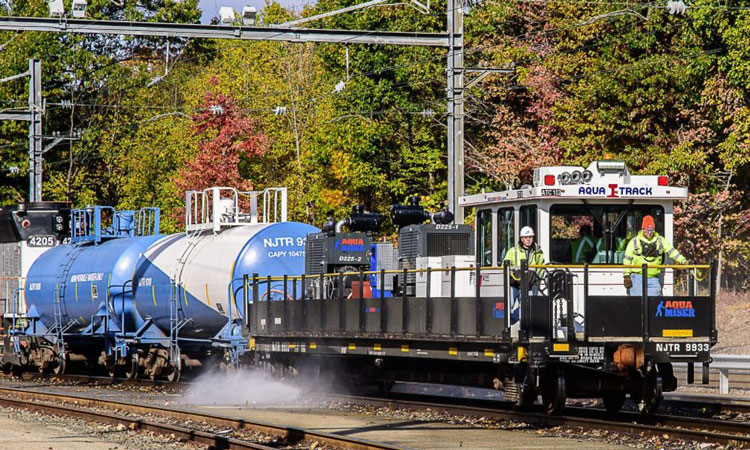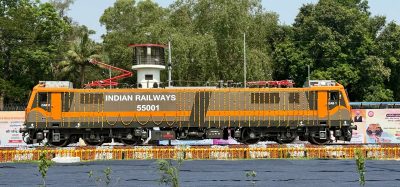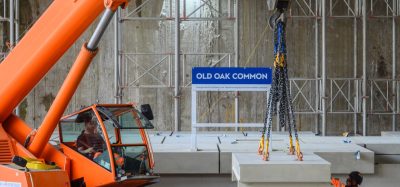VIDEO: Watch NJ TRANSIT’s AquaTrack machines remove leaves from tracks
Posted: 19 October 2021 | Global Railway Review | No comments yet
NJ TRANSIT has begun utilising two AquaTrack machines to clean and remove leaves from the rails throughout the fall season.


NJ TRANSIT is the state-owned public transportation system that serves the U.S. state of New Jersey, along with portions of New York State and Pennsylvania.
The operator has begun utilising two AquaTrack machines to clean and remove leaves from the rails. The AquaTrack equipment is a high-pressure power washing system which removes the oily residue left behind by fallen leaves on the tracks to prevent train delays caused by ‘slippery rail’ conditions.
NJ TRANSIT President and CEO, Kevin S. Corbet, said: “Wet leaves on tracks can be extremely disruptive to rail service, especially in the fall. Using the AquaTrack system, we are eliminating problems before they even occur, while taking the proactive steps to keep our service safe and reliable.”
The AquaTrack system has been in use by NJ TRANSIT since October 2003. It consists of two 250-horsepower diesel-engine units mounted on a flat car with an operator control cab. Two pressure-pump units dispense water up to 20,000 pounds-per-square-inch directly to the top of the rail. The process uses 17 gallons of water per minute.
The original AquaTrack operated primarily on the M&E and Montclair-Boonton lines, which face challenges including the hilly areas around Glen Ridge and Summit stations, washing the rails twice a day Monday through Friday – once overnight and again during midday hours. On weekends, the Pascack Valley and Main/Bergen County lines are usually covered.
In 2016, NJ TRANSIT unveiled its second AquaTrack unit which allows the cleaning process to maintain a larger coverage area in helping to prevent delays caused by slippery rail.
Fallen leaves left on rail tracks can cause a condition known as ‘slippery rail’ – a challenge facing all railroads in the Northeast and other parts of the world where deciduous trees are prevalent. The decaying leaves create an oily residue that coats the rails and causes poor traction. The decreased train speeds, in turn, create delays.
In addition to AquaTrack, NJ TRANSIT trains are equipped to spray sand on the rails in front of their wheels to increase traction. NJ TRANSIT also trims trees to help stem the amount of leaves on the tracks.








